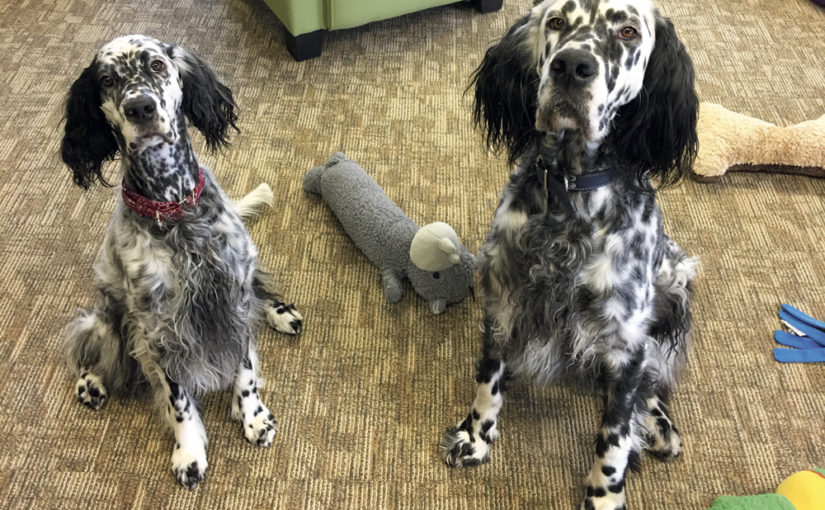Two years ago Bill Burns, the director of the Counseling Center at North Dakota State, began a program called Destress in the Dirt, a horticulture therapy program intended to help students relax.
It started when Burns received a grant to begin this program from the then Vice President of Student Affairs. Burns responded to a request for creative programming and his request was given a grant to get started. Last year, however, the North Dakota University System funded the program.
First, students destress by planting the plants. They then take them home to take care of and add some color to their life. “We teach about how to deal with anxiety and depression and that stuff while we do (the activity),” Burns said.
The plants are relatively seasonal. In the fall, they have planted succulents, while in the spring they opt for a more colorful plant like the paperwhite narcissus plant and planting a spring flower garden. All the plants are low maintenance, which usually require only watering.
Burns said he thinks it was important to start this program because he believes students should have an outlet outside of school to calm and refocus. He also values the students having something nice in their room. From the perspective of the Counseling Center, it gives students the opportunity to learn about the Counseling Center in an easy way so that they know about their resources if they are ever in need of anything.
Burns has a background in horticulture (he was formerly a florist), which powers his passion for horticulture therapy. His favorite plant is the coleus plant, which grows in the shade and has colorful leaves.
The Counseling Center also offers a program called Pawsitive Relaxation, which is animal therapy. Students can call in and make an appointment to play with the dogs. This program began three years ago.
According to Amber Bach-Gorman, assistant director and coordinator of clinical services, Pawsitive Relaxation began due to receiving feedback from students regarding how comforting and enjoyable they found spending time with therapy dogs. Prior to starting the regularly scheduled group, the outreach events that the Counseling Center hosted that had therapy animals present were very well attended. Since it began, Pawsitive Relaxation has been a well-attended event and fills up quickly.
There are two registered therapy dogs that participate in this program. “Watson, a four-year-old English Setter has attended Pawsitive Relaxation for three years,” Bach-Gorman said. “The program actually began when he started working at the center. He is very mellow and enjoys hanging out with the students during the group. Addie, a three-year-old English Setter is new to Pawsitive Relaxation. She too assists me in my counseling work, but only recently started attending Pawsitive Relaxation. Her favorite part of the group is performing her tricks and seeing how many treats she can convince students to give her.”
Bach-Gorman elaborated, explaining that the benefits to animal therapy is both psychological and physiological. Interaction with animals can also promote interactions with other people as it can reduce the feeling of social isolations and make students feel more connected to the NDSU community. Although this is an area that needs further research, the preliminary findings are very promising.
Pawsitive Relaxation happens at the NDSU Counseling Center in 212 Ceres Hall. The dates are as follows: Friday, Jan. 19; Friday, Feb. 16; Friday, March 23; Friday, April 20, from 3:30-4:30 p.m.
Destress in the Dirt is scheduled for Feb. 8, Feb. 22, March 8, March 29, April 5 and April 19 from 3:30-5 p.m.
